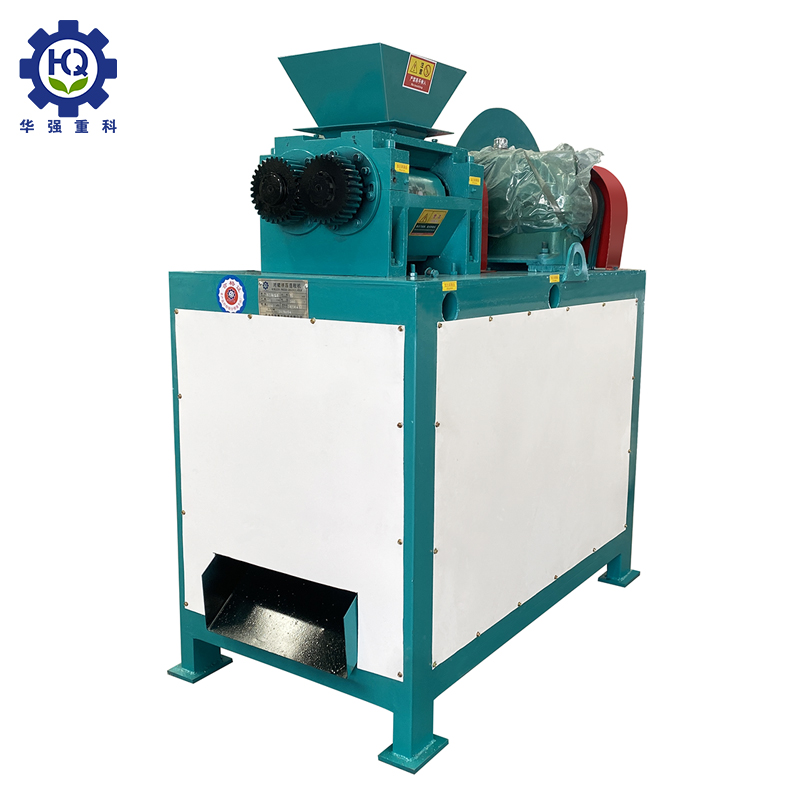NPK fertilizer granulator: core equipment for efficient production of compound fertilizer
In modern agriculture, compound fertilizers, with their balanced ratios of nitrogen (N), phosphorus (P), and potassium (K), are crucial for increasing crop yields. Fertilizer granulators, as key equipment in compound fertilizer production, directly impact the granulation rate, uniformity, and overall effectiveness of the fertilizer.
Main types and working principles of fertilizer granulators
Disc granulator: These use tilted, rotating discs to roll and bind fertilizer powder into granules. Suitable for small and medium-sized production lines, they achieve a granulation rate of over 80%.
Rotary drum granulator: These use a rotating drum, combined with steam or a binder, to aggregate fertilizer into granules. They are suitable for large-scale production and are particularly well-suited for granulating high-nitrogen compound fertilizers.
Double roller press granulator: These use mechanical pressure to directly compress fertilizer powder into granules, eliminating the need for drying. These granules are energy-efficient and highly efficient, but they also result in higher granule hardness and slower dissolution rates.
The core advantages of npk fertilizer granulator
Compared to traditional powdered fertilizers, granulated fertilizers offer significant advantages:
Reduced dust pollution: Granular fertilizers are less likely to disperse, reducing waste during transportation and use, and complying with environmental protection requirements;
Improved fertilizer efficiency: Granular fertilizers have a slow-release effect, reducing nutrient loss and improving crop absorption efficiency;Easy mechanized application: The uniform particle size makes them suitable for mechanized sowing and fertilization, meeting the large-scale demands of modern agriculture.
NPK fertilizer granulator is core equipment in compound fertilizer production, and their technological advancements directly impact fertilizer quality and agricultural profitability.
